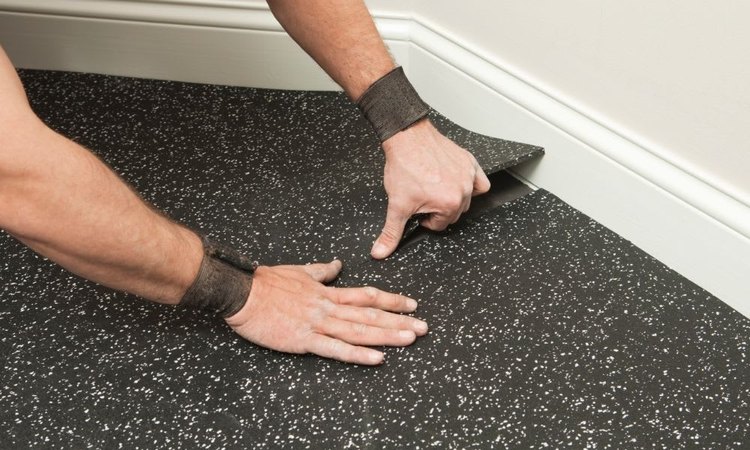Enhancing Your Outdoor Space: A Guide to Resin Flooring Installation
Resin flooring has become an increasingly popular choice for outdoor spaces, offering a durable and attractive solution for patios, gardens, and driveways. This versatile flooring option combines aesthetics with functionality, making it an excellent choice for homeowners looking to upgrade their outdoor areas. In this comprehensive guide, we'll explore the benefits of resin flooring and provide insights into the installation process for various outdoor applications.

How does resin flooring compare to traditional patio materials?
When compared to traditional patio materials like concrete, stone, or wood, resin flooring offers several advantages. Firstly, it provides a smooth, seamless surface that is easy to clean and maintain. Unlike paving stones or concrete slabs, there are no gaps or joints where weeds can grow or water can accumulate. Resin flooring is also slip-resistant, making it safer for outdoor use, especially around pool areas or in regions with frequent rainfall. Additionally, resin floors can be customized with a wide range of colors and designs, allowing homeowners to create unique and visually appealing outdoor spaces that complement their home’s architecture and landscaping.
What are the key steps in installing resin flooring for a garden or patio?
Installing resin flooring in a garden or patio area requires careful preparation and execution. The process typically involves the following steps:
-
Surface preparation: The existing surface must be thoroughly cleaned, repaired, and leveled to ensure proper adhesion of the resin.
-
Priming: A primer is applied to create a strong bond between the substrate and the resin flooring.
-
Mixing the resin: The two-part resin system is carefully mixed according to the manufacturer’s instructions.
-
Application: The resin mixture is poured onto the prepared surface and spread evenly using specialized tools.
-
Finishing: Depending on the desired finish, additional aggregates or anti-slip materials may be broadcast onto the wet resin.
-
Curing: The resin is allowed to cure fully, which typically takes 24-48 hours, depending on environmental conditions.
Professional installation is recommended to ensure the best results and longevity of the resin flooring.
Can resin flooring be used for driveway installations?
Resin flooring is an excellent choice for driveway installations, offering a durable and attractive alternative to traditional materials like concrete or asphalt. When used for driveways, resin flooring is typically combined with aggregates to create a permeable surface known as resin-bound paving. This system allows water to drain through the surface, reducing the risk of puddles and helping to manage stormwater runoff. Resin-bound driveways are capable of withstanding the weight of vehicles and provide a low-maintenance, long-lasting solution for homeowners.
What are the maintenance requirements for outdoor resin flooring?
One of the significant advantages of resin flooring for outdoor applications is its low maintenance requirements. To keep your resin floor looking its best, follow these simple maintenance tips:
-
Regular sweeping or blowing to remove debris
-
Occasional washing with a mild detergent and water
-
Avoid using harsh chemicals or abrasive cleaning tools
-
Address any spills or stains promptly to prevent discoloration
-
Inspect the surface periodically for any signs of wear or damage
With proper care, outdoor resin flooring can maintain its appearance and functionality for many years, making it a cost-effective solution for enhancing your outdoor living space.
How does resin flooring contribute to sustainable outdoor design?
Resin flooring can play a significant role in sustainable outdoor design, particularly when used in conjunction with permeable systems. Resin-bound surfaces allow water to percolate through, reducing surface runoff and helping to recharge groundwater. This feature is especially important in urban areas where traditional impermeable surfaces contribute to flooding and water pollution. Additionally, resin flooring’s durability and long lifespan mean fewer replacements and less waste over time. Some resin flooring systems even incorporate recycled materials, further enhancing their eco-friendly credentials.
In conclusion, resin flooring offers a versatile and attractive solution for various outdoor applications, from patios and gardens to driveways. Its durability, low maintenance requirements, and customizable appearance make it an excellent choice for homeowners looking to enhance their outdoor living spaces. By choosing resin flooring, you can create a functional, beautiful, and long-lasting outdoor area that complements your home and lifestyle.






